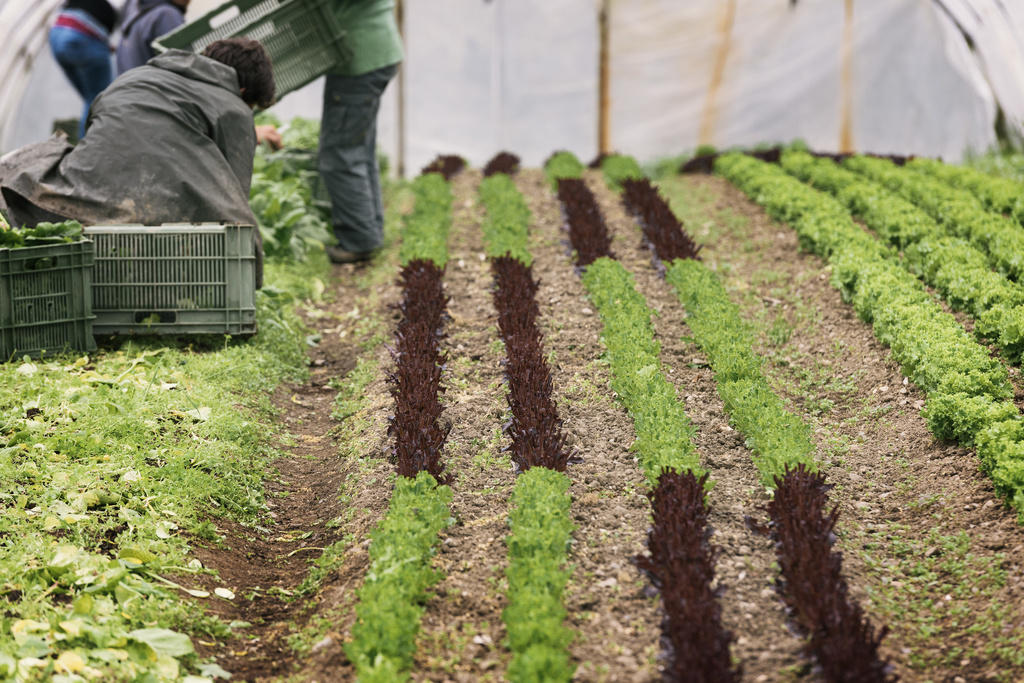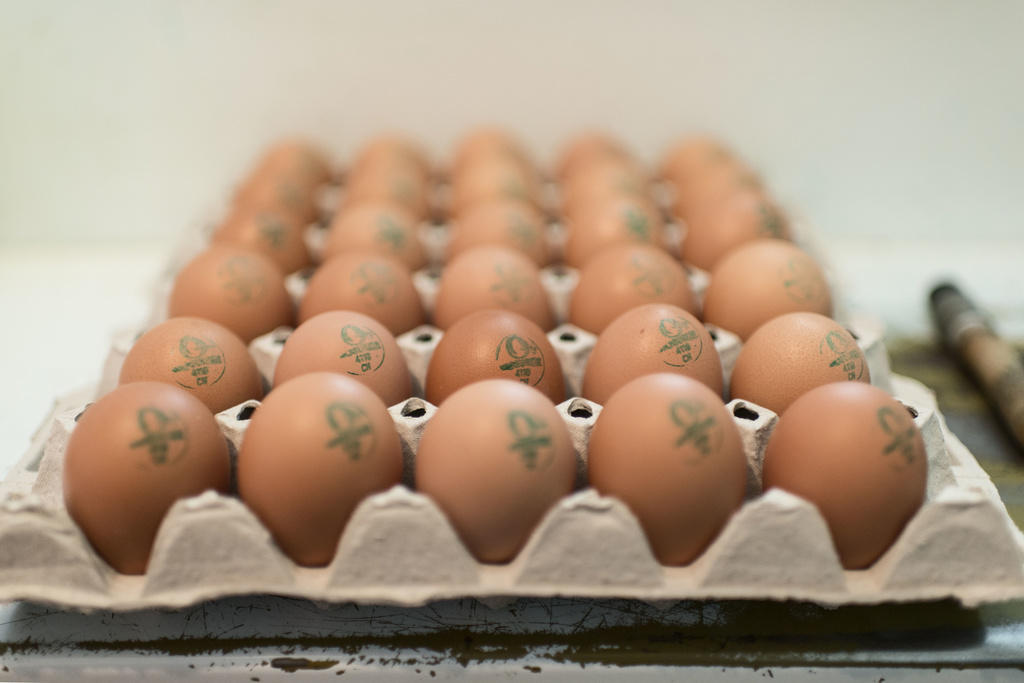
Pesticide residues found on 93% of organic Swiss farms

Most fields on organic farms in the Swiss midlands are contaminated with pesticides, reports the NZZ am Sonntag, citing a study by the University of Neuchâtel.
Researchers collected more than 700 soil and plant samples from 62 farms and looked for traces of neonicotinoids, a class of insecticide which is chemically like nicotine and which is sometimes used to protect crops from sucking pests and chewing insects.
Residues have been found not only on conventional farms, but also in 93% of organic farms, as well as in the soils and plants of 80% of the ecological compensation areas, where such synthetic insecticides are prohibited.
Water and wind could have contaminated the biological and compensation areas, according to the researchers. The quantities of toxic residues found in organic fields and compensation areas were so high that up to 7% of auxiliary organisms, such as bumblebees, could be affected.
‘Frightening’
Bio Suisse, the main organisation in the sector, describes the news as “frightening”. It demands stricter restrictions on harmful pesticides. The Federal Office for AgricultureExternal link notes that three of the five substances found are now banned.
Total organic food sales exceeded CHF3 billion ($3 billion) last year in Switzerland. More than half of consumers buy organic foods several times a week, according to Bio SuisseExternal link. Organic farming represents 15.4% of the utilised agricultural land in the country.
Wedged between the Jura hills and the Alps, the Swiss midlands are the most densely populated area of the country. The region encompasses the cantons of Zurich, Thurgau and Geneva. It incorporates large swathes of Lucerne, Aargau, Solothurn, Bern, Fribourg and Vaud, as well as smaller pockets in Neuchâtel, Zug, Schwyz, St Gallen and Schaffhausen.

More
Organic food sales top CHF3 billion

In compliance with the JTI standards
More: SWI swissinfo.ch certified by the Journalism Trust Initiative





























You can find an overview of ongoing debates with our journalists here . Please join us!
If you want to start a conversation about a topic raised in this article or want to report factual errors, email us at english@swissinfo.ch.